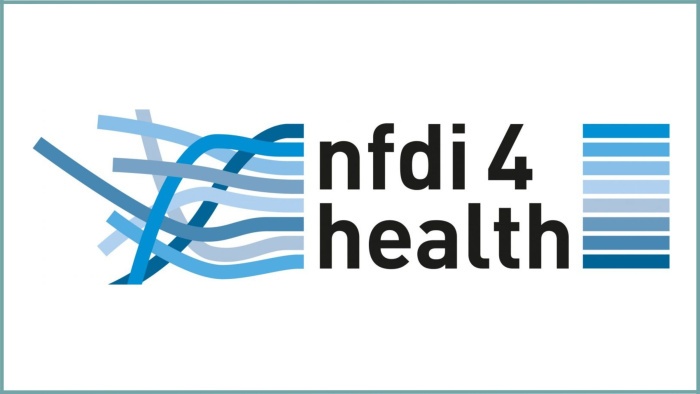Research for Rare Diseases is Research for Millions of Patients

© AryanRaj - stock.adobe.com
There are many of them, but only a few patients suffer from each one: so-called "Rare Diseases." Since there is only a small number of individuals with the same specific disease profile, there is often insufficient research-based knowledge available for the optimal treatment of these patients. Further efforts to improve the situation and opportunities for these patients are urgently needed. The networks for Rare Diseases, which have been funded by the Federal Ministry of Education and Research (BMBF) for several years and are partly involved in the overarching work of the TMF, therefore welcome tomorrow's "European Rare Disease Day," which is taking place for the first time this year.
A rare day for a not-so-rare topic that urgently needs more attention in science, industry, and society. On this day, the Eva Luise and Horst Köhler Foundation for People with Rare Diseases, in cooperation with the Alliance of Chronic Rare Diseases (ACHSE), will also present the Eva Luise Köhler Research Award for Rare Diseases for the first time.
Collaborative Research - Networks for Rare Diseases
Some research consortia dedicated to various rare diseases also participate in the joint work of the research community in the TMF: The fewer patients express a specific disease profile, the more important the regional, often also European or international collaboration of researchers becomes, as only the examination of new therapeutic options in a sufficiently large number of patients allows reliable statements about efficacy or potential risks. The networks also improve cooperation between basic research and clinical research and involve patient self-help groups. Sometimes, research activities also originate from patient organizations.
About the TMF
Those who conduct patient-oriented research at distributed locations, collect data and materials, and document, evaluate, or pass them on using IT face challenges that are relatively new in biomedical research. In many cases, there are still no solutions to these issues, and in some cases, there are not even any legal regulations. Numerous research associations have joined forces in the TMF (Telematics Platform for Medical Research Networks) to identify and solve these organizational, legal, ethical, and technological problems together.
As an umbrella organization, TMF makes a significant contribution to improving the organization and infrastructure of medical research in networked structures. TMF members are supraregional networks and networked medical research institutions. These include competence networks in medicine, networks for rare diseases, psychotherapy networks, zoonosis associations, coordination centers for clinical studies, the National Genome Research Network (NGFN), institutes of the Fraunhofer Society, and, with the Cystic Fibrosis Institute, a patient organization.
Further Information


